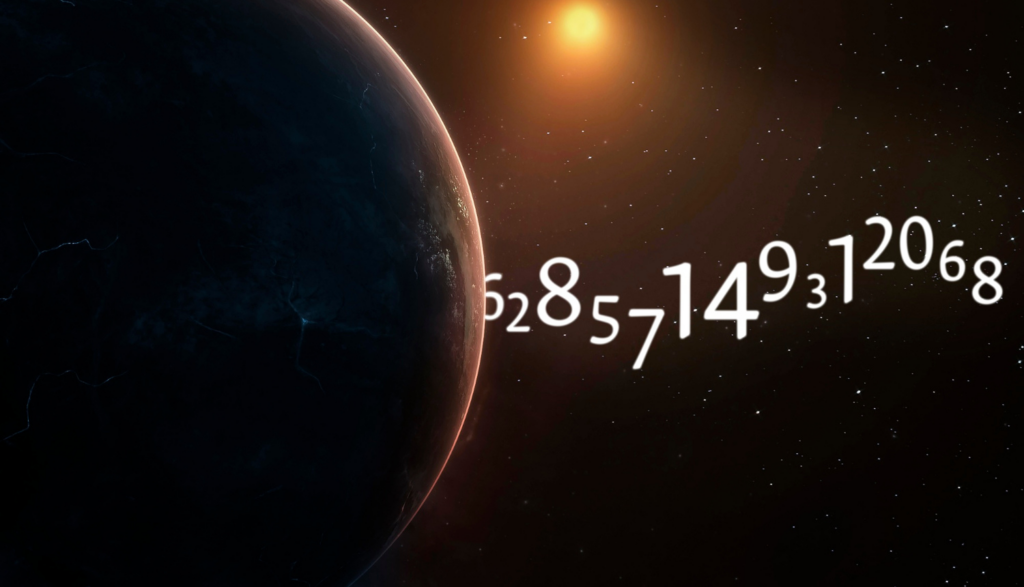Numerology, the belief in the mystical significance of numbers, has long fascinated humanity. From ancient civilizations to modern-day enthusiasts, the idea that numbers hold a deeper meaning beyond mere mathematical symbols persists across cultures. However, in recent years, an intriguing intersection has emerged between numerology and two of the most profound fields of study: quantum physics and cosmology. This convergence prompts a compelling inquiry into the nature of reality itself.
In quantum physics, the fundamental building blocks of the universe behave in ways that defy classical intuition. Particles can exist in multiple states simultaneously, and their behavior is often described probabilistically rather than deterministically. It’s a realm where the observer’s influence is undeniable, leading to the famous thought experiment of Schrödinger’s cat. In this context, numerology finds a curious parallel: the notion that specific numbers or numerical patterns might influence or reflect the underlying fabric of reality.
Cosmology, the study of the universe’s origins and evolution, further deepens this exploration. The cosmos, with its vastness and complexity, presents a canvas upon which numerical patterns seem to emerge organically. From the Fibonacci sequence found in spiral galaxies to the precise numerical values governing the cosmological constant, there’s a sense that numbers encode profound truths about the universe’s structure and behavior.
At the heart of this investigation lies the question of whether numerology offers genuine insights into the nature of reality or merely reflects our innate human tendency to seek patterns and meaning in the world around us. Skeptics argue that attributing significance to numbers is nothing more than a form of cognitive bias, akin to seeing shapes in clouds or faces in random patterns. Yet, proponents of numerology point to compelling examples where numerical relationships seem too pervasive to be mere coincidence.

One area of interest is the concept of synchronicity, popularized by Carl Jung, which suggests meaningful coincidences that cannot be explained by cause and effect but rather by a deeper, interconnected fabric of reality. In this framework, numbers often play a central role, appearing in synchronistic events as if orchestrating a cosmic dance of significance.
Related: Master Numbers and Their Role in Achieving a Harmonious Life
Moreover, the advent of digital physics, a speculative theory proposing that the universe can be described as a vast, digital information processing system, adds another layer to the numerology puzzle. If the universe indeed operates like a giant computer, then numbers may form the very code underlying its operation, imbuing numerical symbolism with profound implications for our understanding of existence.
In exploring the intersection of numerology with quantum physics and cosmology, it becomes apparent that the debate extends beyond mere academic curiosity. It touches upon fundamental questions about the nature of reality, the limits of human knowledge, and the interconnectedness of all things. Whether one views numerology as a pseudoscience or a legitimate avenue for inquiry, its resonance with cutting-edge scientific theories invites us to ponder the mysteries of the cosmos with fresh eyes.
In conclusion, while numerology remains a topic of contentious debate, its convergence with quantum physics and cosmology opens new avenues for exploration and contemplation. Whether numbers hold the key to unlocking the deepest secrets of the universe or simply serve as a lens through which we perceive its complexities, the journey to understand the numerical significance in our reality continues to captivate the human imagination, driving us to delve ever deeper into the mysteries that surround us.





















